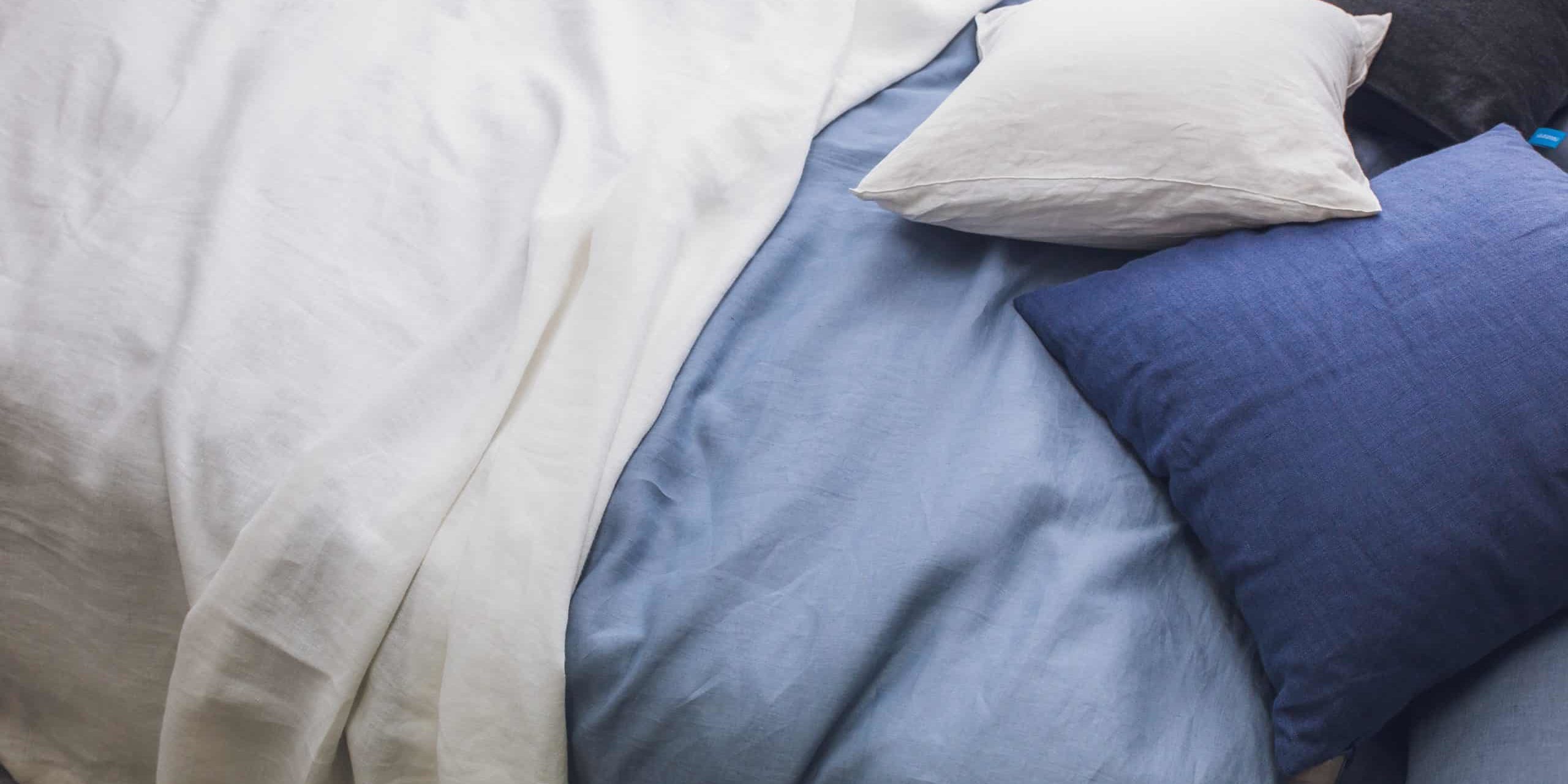Are you looking for low-effort ways to improve sleep? Getting enough sleep is a particularly important part of recovering from the gym, or anything really as sleep is directly linked to your immune system and your body’s ability to repair and fight infection. It also plays a vital role in maintaining good mental health.
To help you improve your restless nights and drowsy days, we’re going to share some top tips for getting a good level of sleep:
Maintain a normal sleeping routine
One of the most important sleep tips you can implement is to stick to a routine as much as possible. Your body clock needs repetition to prepare you to feel awake and tired, so sticking to the same bedtime and wake-up time is essential. Combined with a relaxing and consistent bedtime routine, your body will get used to de-stressing and slip more easily into sleep.
Even if you sleep in, try not to get into the habit of going to bed later. Likewise, avoid taking extra-long naps over 90 minutes in the afternoon or evening, as this will impact your circadian rhythm.
Get enough exercise
Burning energy makes you tired, we know this but have you considered that it can help improve sleep as an effect of this? Exercise is also a fantastic way to relieve stress and make you feel happier. The important part is to make sure you don’t exercise right before bed and leave enough time for your heart and body temperature to come back to normal.
Get a healthy amount of sunlight
Healthy amounts of exposure to the sun is essential for the production of melatonin, a hormone that regulates our sleep patterns. This might be one of the more commonly forgotten sleep tips but can make a real difference to your wellbeing.
To maximise the amount of sun we get during the day, try to head outside as often as you can. Go for a walk, drink a cup of tea outside and don’t wear any sunglasses, as your body uses light hitting your eyes as a signal to produce melatonin. If you’re struggling to get out, keep the curtains open, try to work near a window and get as much fresh air into your home as possible.
Avoid caffeine for at least 6 hours before bed
It takes a surprisingly long time for caffeine to get out of your system. If it’s still there when you’re trying to sleep, naturally it’s going to make it more difficult. Avoid caffeine after your mid-afternoon. Your circadian rhythm is slowing down and does not need disruption at this time of day. If you feel sluggish in the afternoons, try chugging some water, going for a quick 5-minute walk or snack on some fruit.
Find ways to de-stress
Engage in activities that you love and that you know will help you to relax. Doing so will ensure you are nice and de-stressed before bed, giving you the best chance of drifting off to sleep without suffering from anxiety.
For instance, you could spend more time on your favourite hobby, or even try something new that will occupy time. Creative arts, such as writing, drawing, or knitting, are all great for relaxing, as are wellbeing-focused activities like meditation, yoga, or even taking a bath.
Think about your surroundings
The surroundings of your home are likely to have a greater impact on your sleep than you may think.
For one, it’s important to have a workspace that is separate from your bedroom, if possible. This will ensure your mind doesn’t begin associating the space with work, rather than sleep. Should it be impossible to set up in another location, try to avoid sitting on your bed until you’re ready to relax in the evening. It may sound silly, but it can help to put distance between the two concepts.
Cool your room before you sleep
You’ll also need to make sure that your bedroom is providing the perfect environment for rest. This means keeping it on the cooler side, between 16-18°C, and making the room as dark as possible. It’s also worth paying attention to the comfort of your bed itself, as it should allow you to sleep without any aches and pains in the morning. Consider investing in a new mattress if your old one is uncomfortable or, failing that, adding a mattress topper to give it some extra support.
Go screen-free an hour before bed
A habit many of us have picked up is entertaining ourselves with screens, and this isn’t a good way to improve sleep. Try not to use your phone or watch TV before bed (around 1 hour before) as this will stimulate and arouse your brain. Try putting your apps on timers to stop you endlessly scrolling and find other things to do in the evening. Reading a book or doing a craft would be a great option.
Avoid eating or drinking large amounts before bed
Make sure that you are well-hydrated and eat enough during the day. Hydrating late at night will mean trips to the toilet. If you don’t enough enough during the day, hunger may keep you up so a small snack will be perfectly fine, but a large meal will increase your heart rate and can exasperate acid reflux
Get bed sheets and pyjamas you really like
This might seem unnecessary, or just a vanity but it does make a difference. Wanting to get into your pyjamas and creating positive feelings around your sleeping space can help your body relax and in turn, sleep better.






